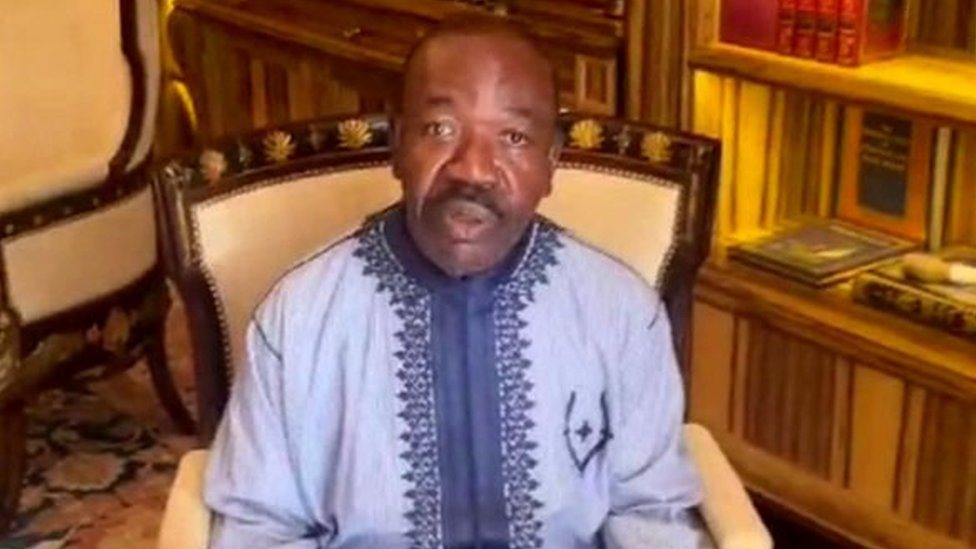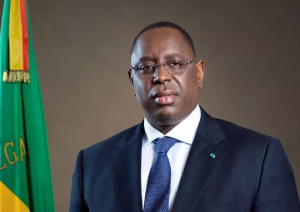Former President Ali Bongo of Gabon and his two youngest sons, Jalil and Bilal, have started a hunger strike to protest their “sequestration” and alleged “acts of torture” against family members. Their lawyers announced this on May 14, stating a lawsuit has been filed in the Paris Judicial Court.
Lawyers François Zimeray and Catalina de la Sota aim to have a French judge investigate these allegations, especially as Gabon’s leader since the August 2023 coup, General Brice Oligui Nguema, plans to visit Paris soon.
An earlier complaint by Ali Bongo’s wife, Sylvia Bongo, filed on September 1, two days after the coup, was dismissed in October. The new complaint alleges “illegal arrest, aggravated sequestration with torture, and barbaric acts” against Ali, Sylvia, and their sons Noureddin, Jalil, and Bilal, noting that the first four are French nationals.
The lawyers claim Noureddin has been tortured multiple times, and Sylvia was beaten and forced to witness these acts. Ali, Jalil, and Bilal are under house arrest, deprived of communication, and tortured.
In March, the lawyers requested a UN working group to recognize the Bongos’ “arbitrary detention” post-coup. General Nguema, who ended 55 years of the Bongo dynasty, was declared transitional president by the military shortly after the August 30 coup.
Last month, Gabonese stakeholders took part in a national dialogue, that sought to lay the groundwork for restoring civilian rule.
The forum’s highly anticipated report clears ruling General Brice Oligui Nguema to vie for the presidency in the polls to be held at the end of the transition.
It proposes a strong presidential regime and a 7-year term for the president.
Selected military officials, politicians, civil society members, youth leaders, traditional rulers and members of the clergy took part in the national dialogue. They kept the transition’s 2-year time frame. A year was, however, added in case of a “force majeur” scenario.
Some 30,000 proposals were discussed by the delegate during the nearly one-month-long delegate.
Gabon’s post-transition timeframe provides for a constituent assembly to write the new Constitution. The document establishing the basic rules and laws of the Gabonese government will then be put to a vote during a referendum scheduled for June this year.










